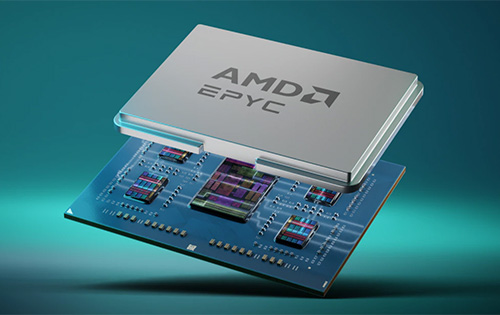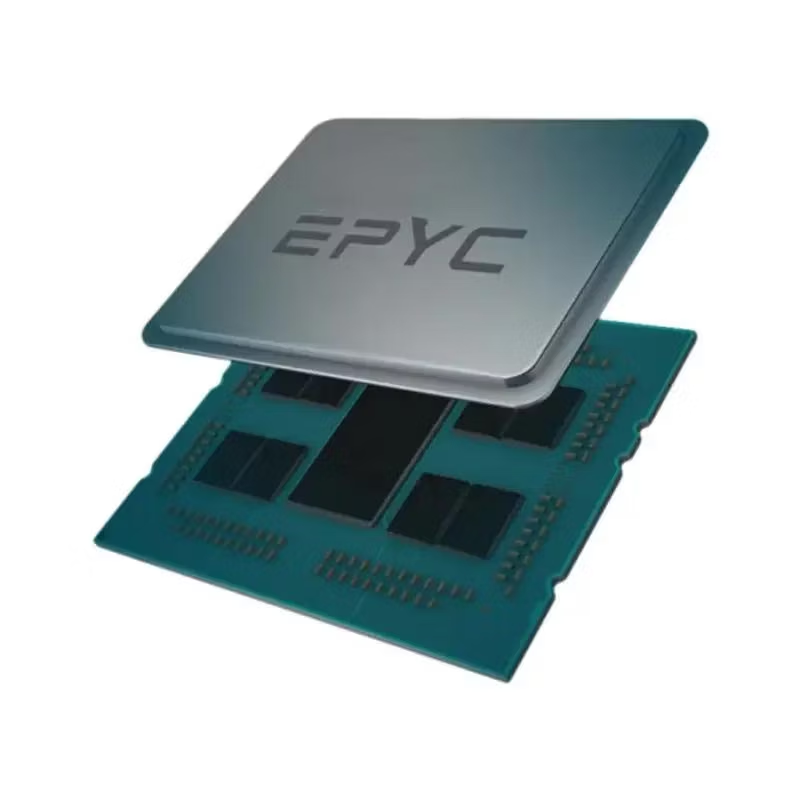Description
AMD EPYC processors have carved a distinctive niche in the world of data centers and enterprise computing since their introduction. Designed to meet the rigorous demands of modern workloads, EPYC processors leverage a unique architecture that combines high core counts, expansive memory bandwidth, and robust security features. With up to 64 cores per chip in the latest generations, AMD EPYC processors are not only capable of handling multiple threads simultaneously but also excel in parallel processing tasks, making them ideal for applications ranging from cloud computing to artificial intelligence.
One of the standout aspects of AMD EPYC processors is their superior memory architecture, which supports eight memory channels and vast amounts of RAM per socket. This capability empowers organizations to run large datasets and complex applications more efficiently, thereby enhancing performance without the need to invest in additional hardware. Furthermore, the EPYC line features support for PCIe 4.0 and, in newer models, PCIe 5.0, offering a significant boost in connectivity options for high-speed networking and data transfer, crucial for the growing demands of enterprise workloads.
Security is another cornerstone of the AMD EPYC design. The processors come equipped with advanced security features, such as Secure Encrypted Virtualization (SEV), which provides an extra layer of protection for cloud environments by encrypting virtual machine memory. This commitment to security is vital as businesses increasingly transition to virtualized environments and seek to safeguard sensitive data in an era where cybersecurity threats are prevalent.
The competitive pricing strategy of AMD EPYC has also reshaped the market landscape, challenging industry giants and forcing competitors to reconsider their pricing models. By delivering exceptional performance-per-dollar metrics, AMD has won over numerous enterprise customers, who recognize the value of deploying EPYC processors in their data centers. Overall, AMD EPYC processors represent a formidable force in the high-performance computing arena, blending efficiency, scalability, and security in a way that meets the needs of businesses in a rapidly evolving technological landscape.












